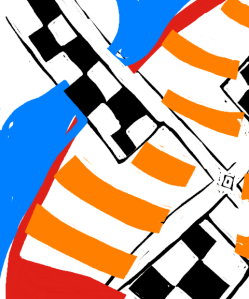
I think a lot about the way we think.
- How we think
- What we think
- When we think
- Where we think
I even thought about the way that wifie sometimes sounds a little bit frustrated when I forgot things, which made me feel guilty and encouraged me to try those methods that are supposed to improve your memory.
They didn’t.
I considered whether I was simply too lazy to commit things to memory. I wondered some more about what laziness really was. Then I wondered whether wondering about laziness was also a form of work avoidance.
The truth, they say, is all around us, just waiting for us to join up the dots between the different events and happenings in our life. So it was in this case, where a breakthrough did not just happen as I was stepping onto a bus, it was more like the pressure of the meaning of events squashing my awareness into the body of reality until I felt there was no escape from asking my wife this question:
‘How do you find shortcuts when you are walking somewhere?’
A strange kind of question, maybe, but allow me to wind my life back to when I was a child. I have always been fascinated by maps for as long as I can remember, and I distinctly recall standing, at age 16, on a cold, flat and misty Romney Marsh arguing with other members of my Army Cadet Force platoon about where we were on the map. They said one place, and I said another – but I could prove it by walking to the end of our sodden sheep field, whereupon a church steeple, currently concealed by a dank and raven-ridden stand of trees, would become visible. I did. It did. They felt depressed. I slipped into a rushy dyke full of water. It was that kind of day.
Several years later and I went off to university, where I learned a rather interesting fact, one that glowered at me like a damp sheep in a wet pasture among the sparkling glories of the further reaches of education, and that was I kept forgetting where the roads went in my university town went. Well, except those I used regularly. It felt strange, because until then I believed that I knew where everything was as reasonably as the next student body. For years this memory kept returning, mostly after my frequent post-student moves to new towns and cities, where I took to keeping a local map in the car at all times. I pondered whether I had fried part of my brain with all that studying, somehow, and yet my map navigation skills remained as good as ever. Eventually, after living for nearly twenty years at either end of one long avenue with too many junctions, out popped the question.
There was more, though, because my wife also hated navigating for me in the car as I could become unreasonably angry in difficult traffic, while she became unreasonably unable to read the map, or even to remember to read it. Yet she always figures out the best bus to take, the most effective shortcut. What was going on? Her answer was to buy a GPS system, a brilliant answer, but then she wanted to switch it off the moment we got back into town while I wanted it to navigate me almost to our parking bay.
The pressure just built up, until I could no longer escape it, all the usual escape routes from thinking had been cut off.
As an aside, there are two kinds of thinking. The first is more a form of pondering through our memory to find something that fits our question, such as what suit or dress to buy, while what I wanted was a question to an answer that I did not yet understand: I needed to frame an answer to call into existence the actual question that I should be asking.
I asked her the question. She looked back at me, like she was wondering whether the biscuits were finally rolling out of my packet. I could see that she could not really answer, so I asked her more directly, how did she visualise the area where she thought there might be a shortcut. She thought, and then what she then described sounded a bit like a map: she could see the route in her mind.
Now I had the stepping-on-the-bus moment of illumination.
I visualise the bit of the world I am interested in as a three-dimensional environment, with something like photographs as entry points. Click the photo, and wander around the mini 3D world within. I always assumed that everyone thought in that way, because is this not what education really teaches us, that we are all essentially the same, that one education system essentially fits all? Take the course, then take the exam. Learn some stuff, then write the stuff down. If you do not fit, then there is something wrong with you, or your IQ is too low.
My next thought was that if she had a more 2D rendering, did this mean she could hold a larger area of the city in her head? Was the amount of data we could process in our heads some kind of constant, and that what we could remember was something to do with how we processed the data?
I asked her to describe where each side road went from my problem avenue. I could keep up as far as the first junction, then as she started describing the next I could feel myself desperately, and too slowly, trying to unfurl my 3D rendering of the next junction. I could not, and she raced ahead, joyously listing where each street headed. I could only cheer, impressed by how fast her mind worked.
I still do not fully understand how she sees the world, I just know it is not the same way that I do. When we are in a place she knows, like a town or mall, she can instantly figure out the best routes to take. When we are in an unknown place or out in the countryside, she struggles, but I can visualise the valleys or the streets and predict where they go.
This is noticeably different from the idea that memory is key, because we both quickly forget stuff that other people seem to be able to hang onto for decades, like people’s names.
And the smartphones?
It goes like this: every smartphone has its own memory and processing capacity, depending on the brand and model, and as humans we can all remember and do stuff that keeps us alive. However, a smartphone typically also has space for an extra memory card, but imagine that instead there were a range of cards available, not just for memory, but we could only choose one card to install.
- Choosing a memory card would expand our available memory, giving us blindingly good recall but nothing special in how we process the memories. Translators are a bit like this, absorbing and recalling vast amounts of vocabulary.
- Choosing a RAM chip card would give us blindingly fast processing, but memories that could be easily deleted. I would say this describes my wife, she can load up her memory with what she wants but just as easily delete anything she does not value or wishes to avoid – like remembering to check the map. She does not forget because she is lazy, her memory is more like easily overwritten.
- Choosing a graphics accelerator card would give us nothing special in the memory department, but we would be able to handle huge systems of data blindingly fast. This is me, and my kind of ‘poor’ memory can never be fixed by repeating someone’s name after meeting them, as there is no direct path to recall single memories, everything is in huge 3D data sets where the flow of the data is more significant than any bit of data.
Back when we were growing in our mother’s tummy, we began to use a certain set of tools in our mind to process the world around us, and have continued to use the same set for all our tasks ever since. Maybe the reason is genetic, maybe it is more subtle, but the only thing that we can be sure is, unless something like a major injury that forces our brain to boot up other, unused parts of the brain to compensate for lost functions, we are stuck with what we are born with. Yes, we can grow our knowledge as well as our skills, and even add fresh ones, but we process everything in exactly the same way, our way. Maybe this has the purpose of giving us as individuals emergency brain capacity in the event of failure and our societies access to different kinds of brains to solve different kinds of problems.
At least I know better now why I cannot remember stuff. It is not a fault, but a sign that another feature exists in its place.
So that is the brain, a better kind of smartphone, where abnormal is actually normal.
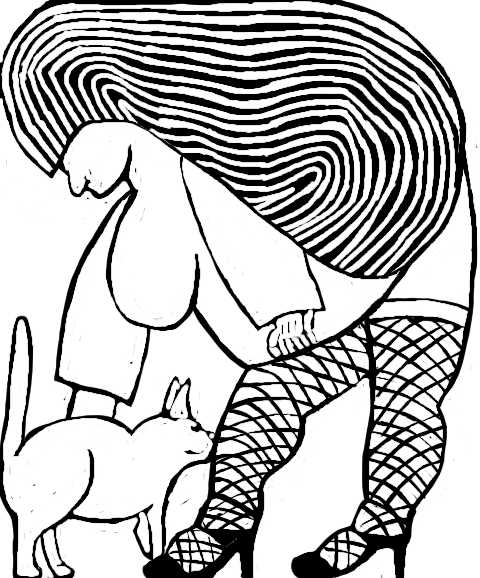
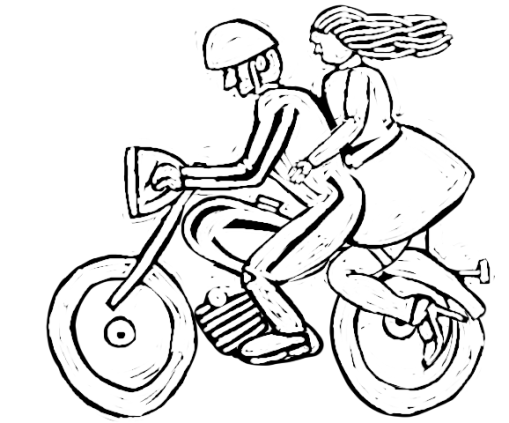
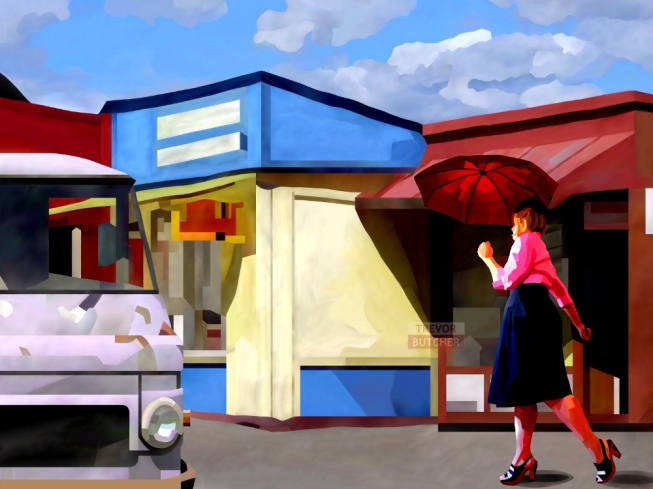



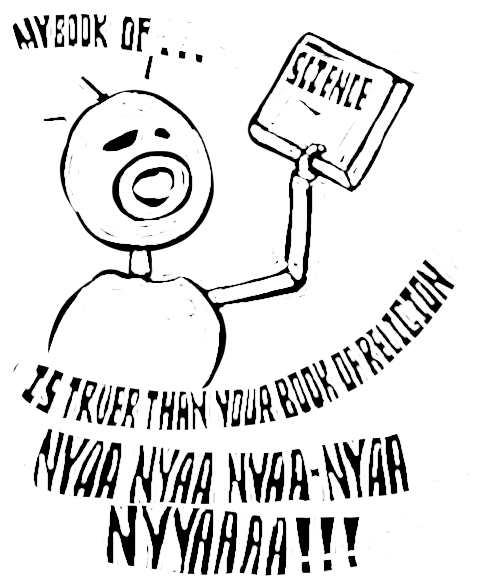


Recent Comments